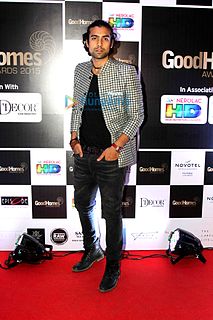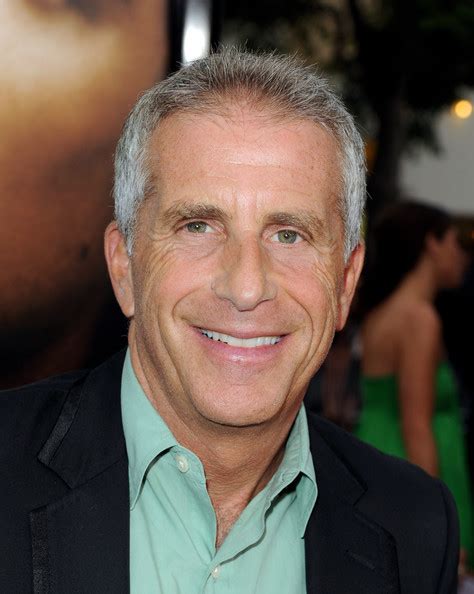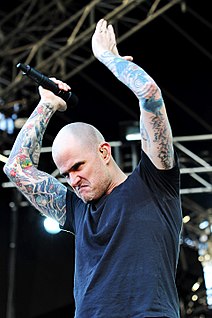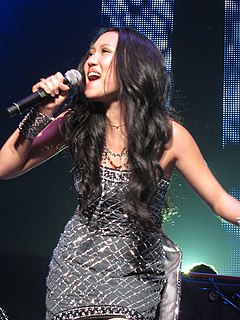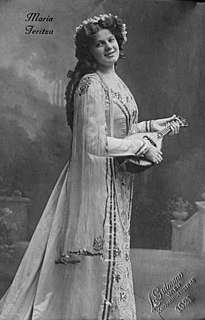A Quote by Jubin Nautiyal
I believe a great song will always attract its audience and get is due.
Related Quotes
An audience will let you know if a song communicates. If you see them kind of falling asleep during the song, or if they clap at the end of a song, then they're telling you something about the song. But you can have a good song that doesn't communicate. Perhaps that isn't a song that you can sing to people; perhaps that's a song that you sing to yourself. And some songs are maybe for a small audience, and some songs are for a wide audience. But the audience will let you know pretty quickly.
If you establish a democracy, you must in due time reap the fruits of a democracy. You will in due season have great impatience of public burdens, combined in due season with great increase of public expenditure. You will in due season have wars entered into from passion and not from reason; and you will in due season submit to peace ignominiously sought and ignominiously obtained, which will diminish your authority and perhaps endanger your independence. You will in due season find your property is less valuable, and your freedom less complete.
